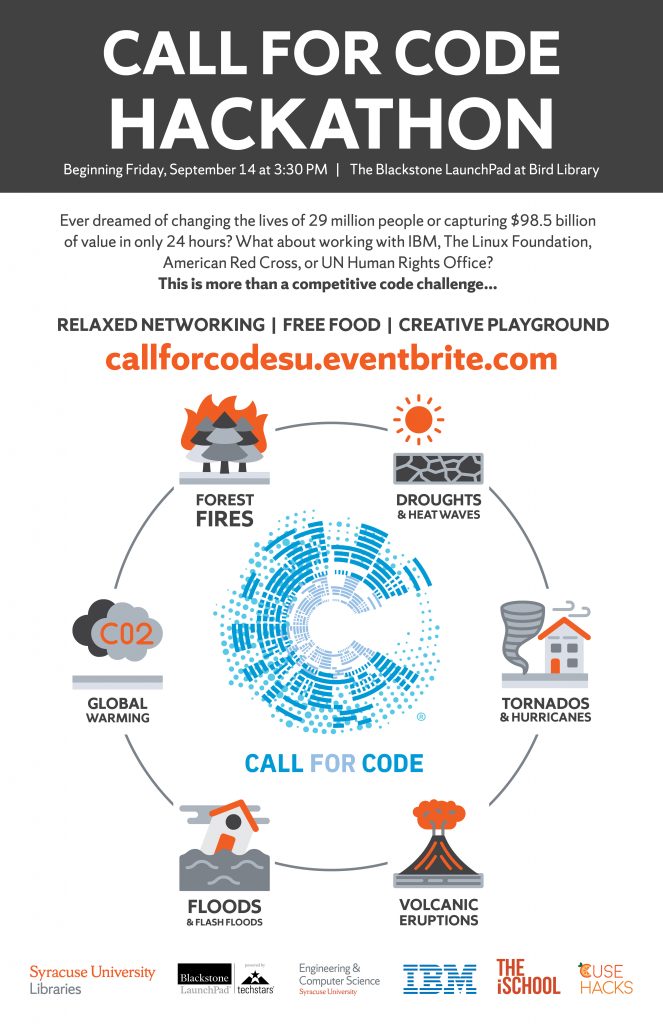Professor Shikha Nangia Named as the Milton and Ann Stevenson Endowed Professor of Biomedical and Chemical Engineering
The College of Engineering and Computer Science (ECS) has announced the appointment of Shikha Nangia as the Milton and Ann Stevenson Endowed Professor of Biomedical and Chemical Engineering. Made possible by a gift from the late Milton and Ann Stevenson,…


 On average, every day natural disasters will directly impact 80,000 people, costing the global economy more than $270 million. What if technology could help improve these figures? This is the premise of the
On average, every day natural disasters will directly impact 80,000 people, costing the global economy more than $270 million. What if technology could help improve these figures? This is the premise of the